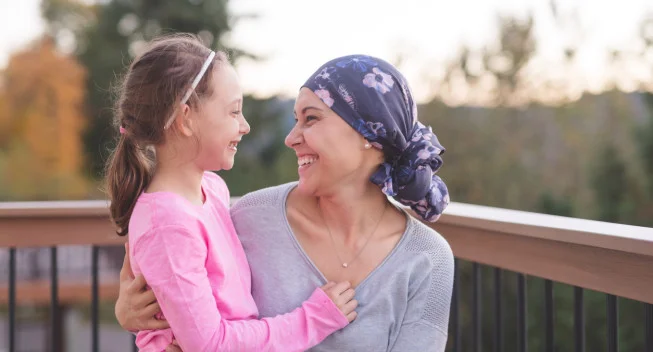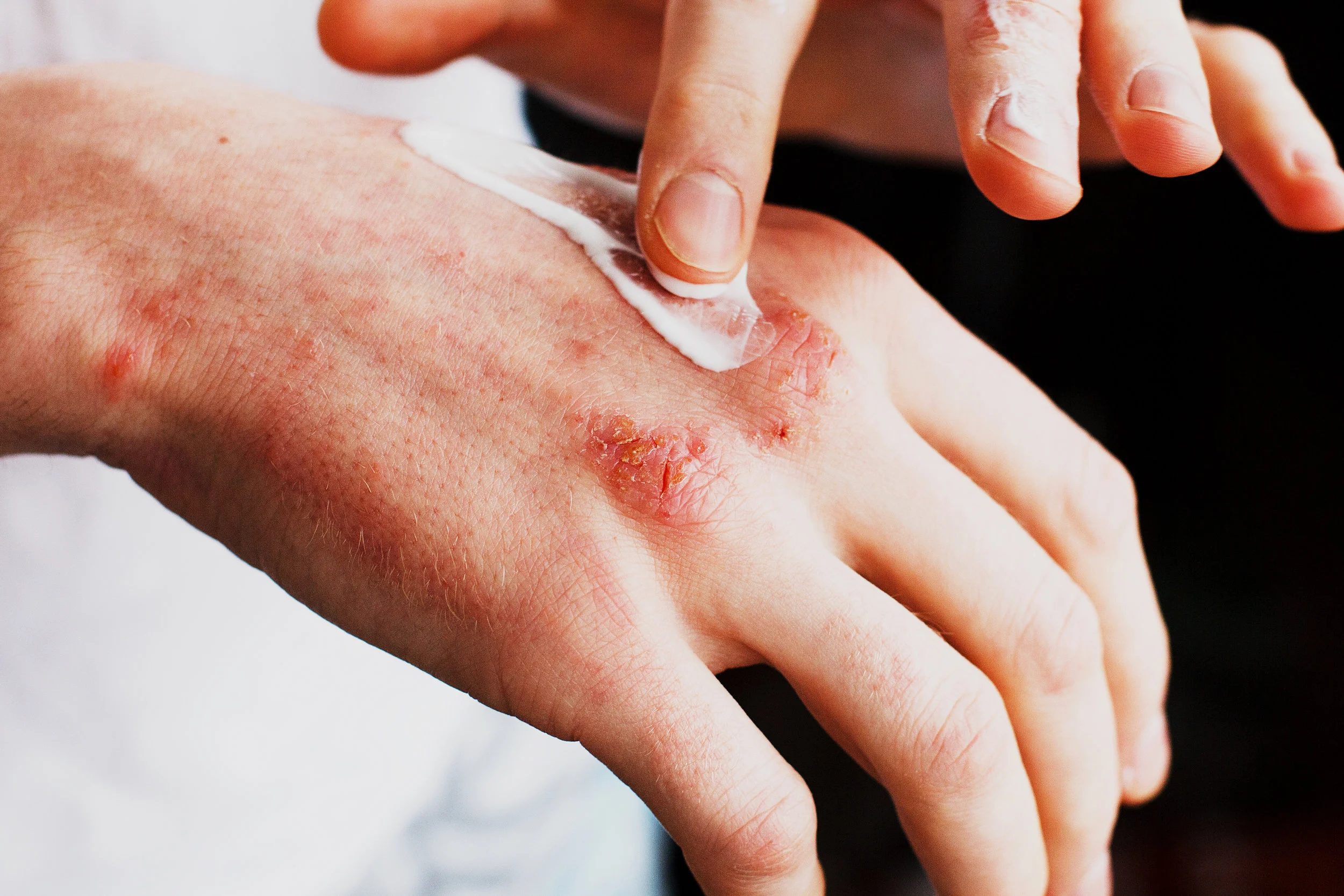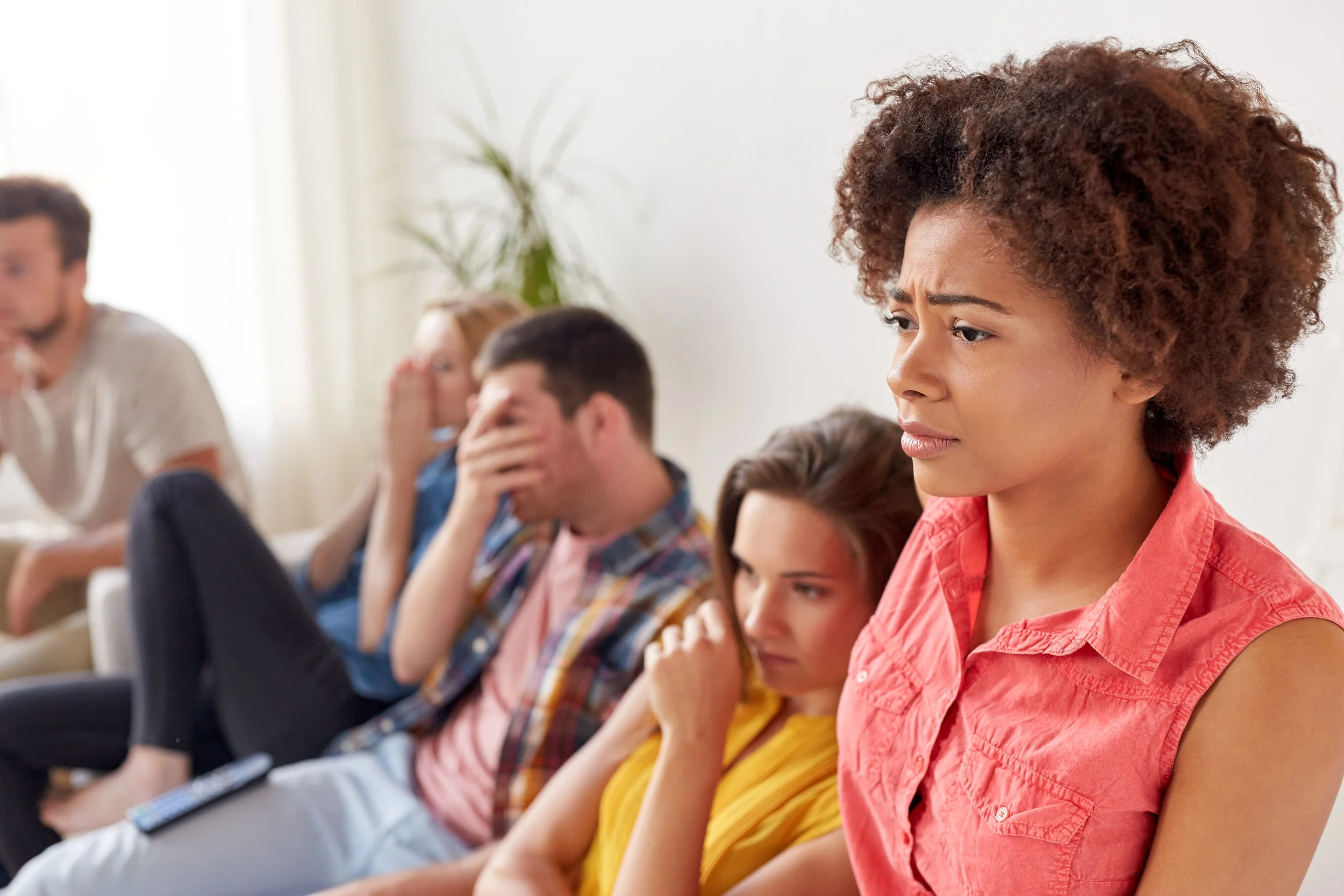For a variety of complex reasons many cancer survivors find that they don’t seem to feel as relieved as they would have liked to imagine they would after successfully completing cancer treatment. A cancer diagnosis and it’s invasive treatment tends to cause physical, mental and emotional trauma that takes time to digest and heal from.
Read MoreAfter cancer treatment or surgery many cancer patients may find themselves confined to a bed with low energy levels and mobility. Although you may not be moving around and sweating as much during recovery periods it’s essential to maintain a high level of hygiene for your physical and mental well being.
Read MoreBefore a cancer diagnosis, it’s not very common for people to do research on the toxicity of the products that they’re putting onto and into their bodies as we tend to have faith in the government’s regulations against harmful chemicals in the products we use.
Read MoreHaving Cancer and undergoing cancer therapy is strenuous on it’s own, and matters are even worse if a patient decides to travel during these times. But, this does not mean that having cancer means the end of traveling experiences.
Read MoreCancer diagnosis is hard on it’s own, and cancer patients are faced with another difficulty: how and when to tell the bad news to friends, family and loved ones?
Read MoreCancer and cancer treatment, some sorts of chemotherapy in particular, can cause hair-loss in cancer patients. Hair can also become brittle, dry and damaged as a reaction to harsh chemicals.
Read MoreSelf-confidence is an important step to success in every patient fight against cancer. Here are some tips on how to take control over the course of your treatment and the psychological effects it can have on a patient.
Read MoreKeeping a positive attitude and a wholesome, in the moment approach to life, can be that one crucial thing that all cancer patients need to have a successful therapy, and win in this important lifes battle.
Read MoreRadiation sometimes causes the skin to become red, painful and irritated at the point of treatment. This condition is called radiation dermatitis or radiation burn, and it occurs to some degree in almost all people undergoing radiotherapy.
Read MoreCancer patients form a self advocacy group to fight back together.
Read MoreComplementary therapies also aid in cancer patient rejuvenation.
Read MoreSelf-care is crucial for cancer patients sense of well being as well as their recovery after the chemotherapy. Dr. Shymali Singhal always suggests her patients to prioritize self-care.
Read MoreOrganizations such as The Lung Cancer Alliance and the National Cervical Cancer Coalition provide support, education, and raise awareness for individual cancers. They will assign or acknowledge the color of the ribbon for each specific cancer. Dr. Shymali Singhal suggests cancer patients find their respective cancer color and connect with the organization that takes care of it.
Read MoreWhen diagnosed with cancer, cancer patients can find it difficult to identify with their new diagnosis. Many questions arise involving chemotherapy, cancer treatment, the side-effects and how to treat the symptoms of side-effects.
Read MoreTargeted cancer therapy drugs sometimes have side effects. Symptoms are various, from rashes and even blisters, with skin feeling sunburned and itchy, to fragile and weak nails and hair loss. Relieving those side effects can aid cancer patients recovery after the treatment. Dr. Singhal, Oncologist, recommends using Chemo Companions skin, nail and hair care products, to ease the unpleasant symptoms.
Read MoreFrom moisturizers to shampoos these are the skin care products that will give any chemotherapy patients the power to take care of their bodies and fight back.
Read MoreDealing with the news that somebody close to you is diagnosed with cancer can be very challenging. What to say, without causing more stress to the patient? Dr. Shymali Singhal has gathered some tips and advice on how to act and what to say when talking to cancer patients.
Read More


















